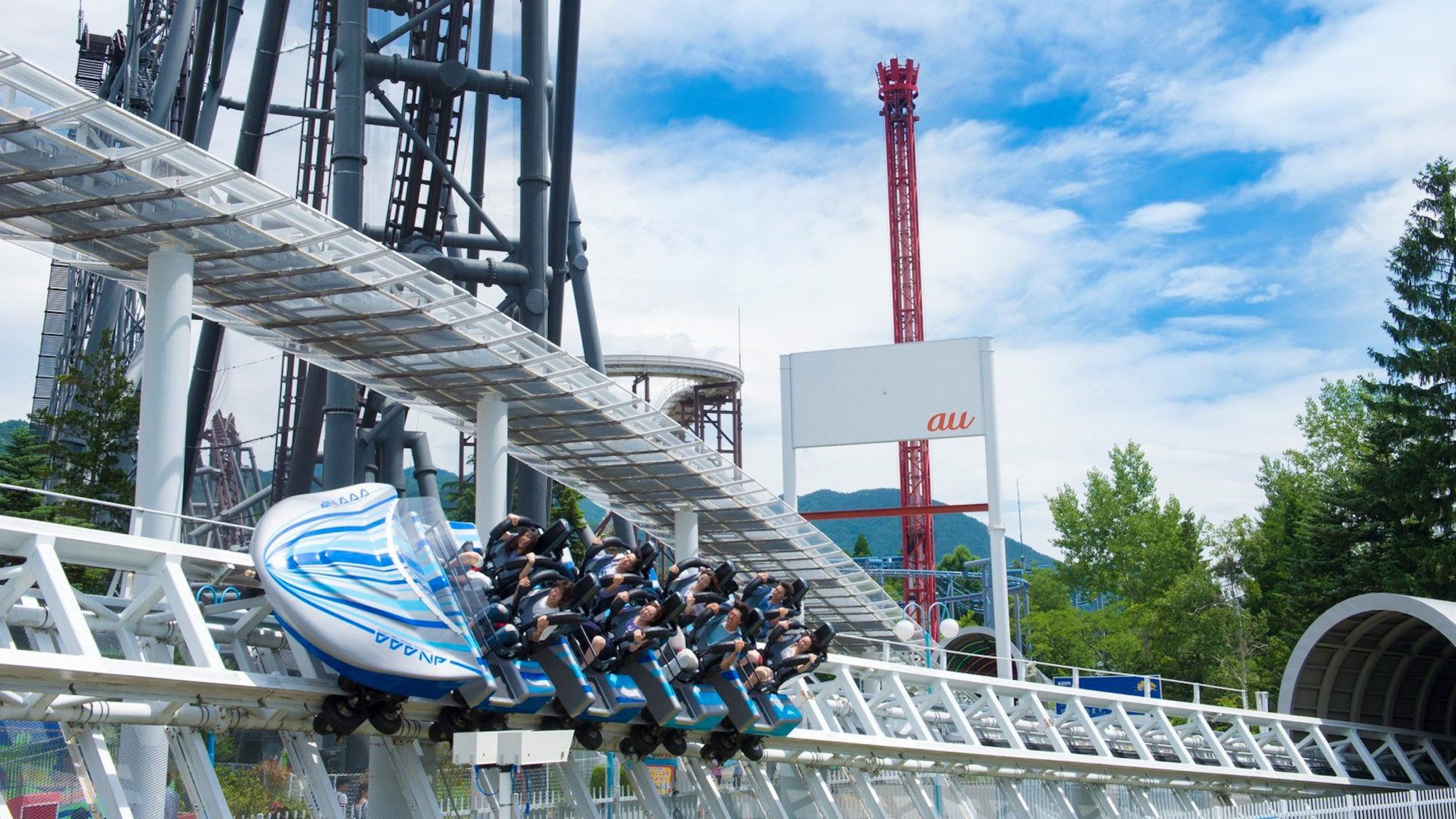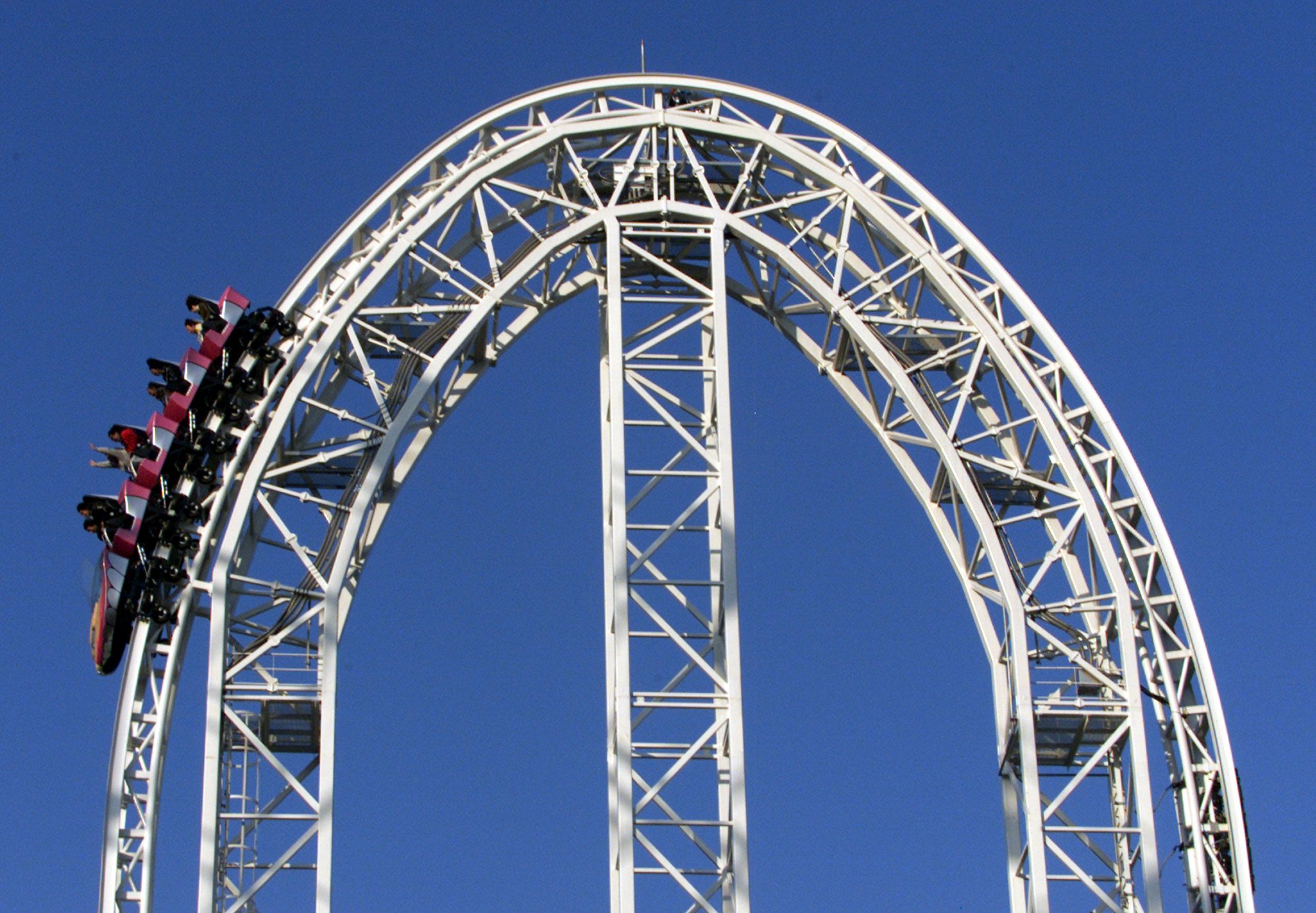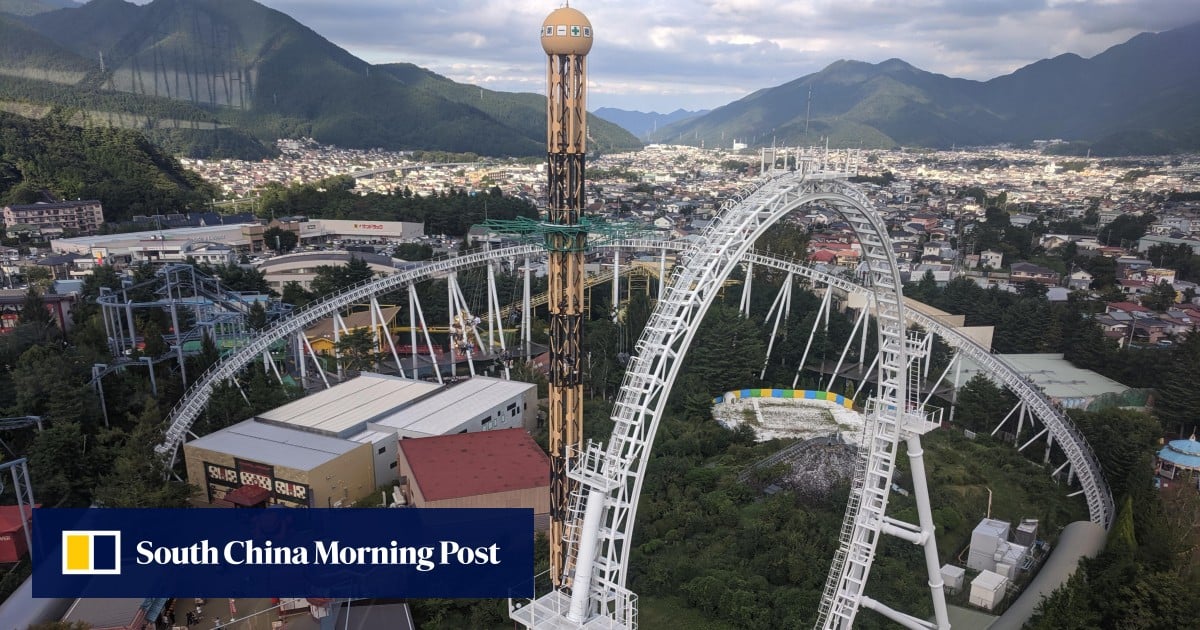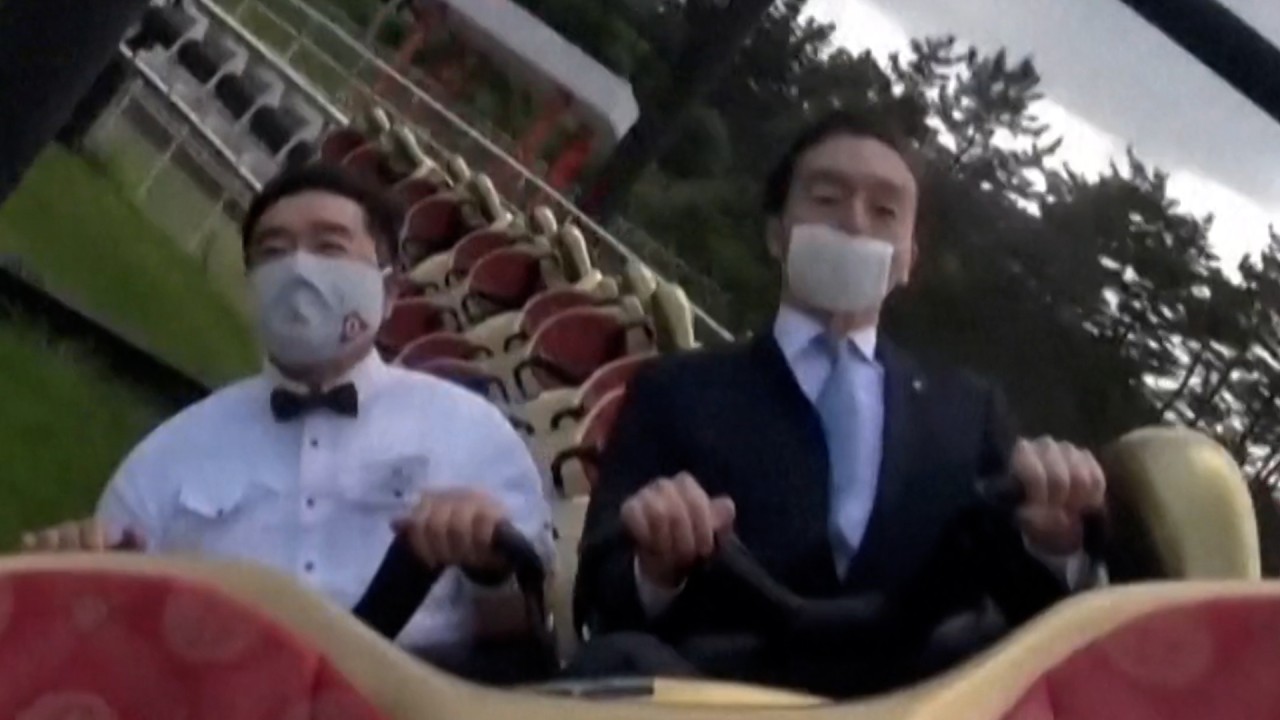A record-breaking Japanese roller coaster that also gained notoriety for breaking thrill-seekers’ bones has been shut down for good.
The Do-Dodonpa ride at the Fuji-Q Highland theme park in Yamanashi prefecture had been suspended since August 2021 as officials from the transport ministry investigated reports from the local government of a series of injuries, including bone fractures in riders’ neck and chests.
The operator of the park had been looking for solutions to Do-Dodonpa’s problems, but on March 13 announced that safety concerns outweighed calls for the resumption of the ride.

“After repeated discussions with the manufacturer, we concluded that there is no concrete way to completely eliminate the risk of injury, the roller coaster running backwards or stopping in mid-ride,” the company said in a statement.
“In order to meet our obligations as a theme park to society and to make safety our top priority, we have made the decision to permanently cease operations of Do-Dodonpa.”
Park officials apologised to people who have called for the ride to reopen, as well as to the individuals who sustained injuries.
The first injury was reported in 2007, when a plastic component became detached and hit a passenger’s leg, although the injury was minor. The vast majority of complaints came after the ride underwent a significant upgrade in 2017.

When the first version of the roller coaster – then known as Dodonpa – opened in December 2001, it was billed as the fastest in the world, reaching a top speed of 106mph within 1.8 seconds from the start of the ride. The upgrade in 2017 that added a 49-metre vertical loop and raised the top speed to 111mph in 1.56 seconds from launch.
Between December 2020 and August 2021, 18 riders reported injuries aboard Do-Dodonpa, including nine broken bones. The cause of the injuries is believed to have been the intense G-forces that accompanied the coaster’s launch, with riders experiencing 3.75G – greater than what an astronaut experiences at launch and not far from the 4Gs experienced by jet fighter pilots being launched from an aircraft carrier.
The ride’s name is an onomatopoeia for the sound of the drums at the start of the coaster experience. Passengers boarded the cars, which rose to the launch pad in a long, straight tunnel with a rifled design, similarly to the barrel of a gun, while a slow pounding beat was played that mimicked the passenger’s heartbeat, becoming louder and faster until a voice blared “Launch time!” and began a three-second countdown.
Powered by compressed air, the cars sped down the horizontal tube at 111mph, experienced a brief dip and a wide curve before the vertical loop, a gentle bank to the left, a U-turn at a slower speed and then a rapid deceleration into the station. The entire 1,244-metre journey lasted just 55 seconds.
Many social media users have criticised the decision to close Do-Dodonpa, with one message on the Abema Times website saying, “Because of the complainers, Japan will soon run out of roller coasters! People should be able to ride at their own risk.”
Another added, “It’s a shame as it was the greatest ride at Fuki-Q Highland.”
A message on the J-Cast News website added, “The ride has been ended because of the uproar caused by some unfortunate people who were injured because they did not follow the prescribed precautions for safety. I want them to realise they have taken away the fun for many people who were enjoying themselves by following the rules.”


